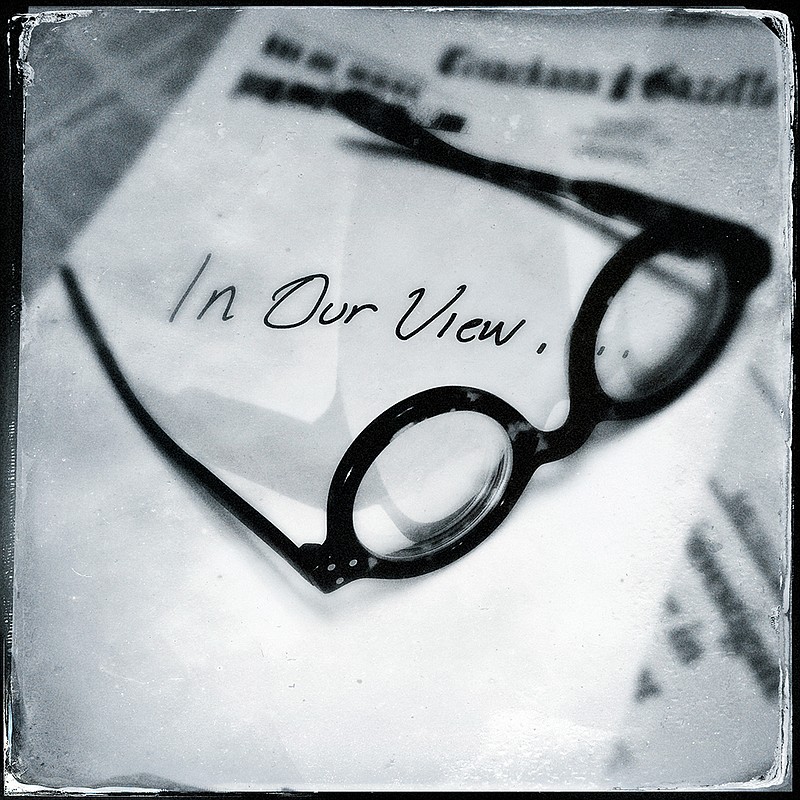When the Texas Legislature changed district voting lines after the 2010 Census, there was immediate controversy.
Critics charged the Republican-controlled body intentionally drew boundaries that marginalized black and Latino voters who might favor Democratic Party candidates.
The whole matter ended up in court several times. And so far the state has been on the losing end of the fight.
Last week three federal judges heard arguments from the state and plaintiffs in yet another trial on the lines. And yet again things don't look good for the state.
One of the reasons is that while attorneys from Texas Attorney General Ken Paxton's office say the Legislature acted in good faith and did not attempt to deprive minority voters of representation, they refused to provide any evidence that was true.
The state refused to turn over documents and emails related to the redistricting or allow testimony as to lawmakers' "thoughts or mental impressions," citing "legislative privilege."
The concept did not seem to sit well with the judges. And we suspect claiming privilege won't do the state any good when a final ruling comes down.
Nor should it.
While the state may be right and lawmakers may have acted without bad intentions, withholding evidence in this case sure makes it look like they have something to hide. We aren't talking national security or even state secrets here. So why the claim of privilege?
The state should be open about the redistricting process. That's not going to happen in this trial. If Texas loses, they will likely appeal to the Supreme Court. We don't think that court will look any more favorably on backroom dealings than this one. So if the state can indeed show good faith, they better come up with a way to do so. Or prepare to redraw the lines again and again until the courts are happy.

